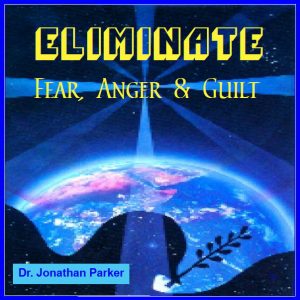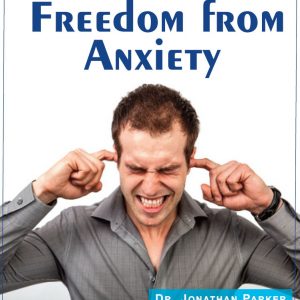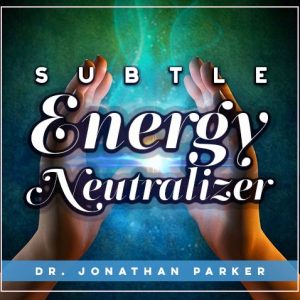
The Deadly 7
The 7 most damaging traits we can have are Fear, Anger, Doubt, Blame, Criticism, Judgment & Self-Pity. Your degree of commitment to eliminate them is your degree of commitment to evolve and grow. If you say that growth is the most important thing in your life, you are saying the most important thing in your life is to eliminate these seven traits.
What this also means is that your degree of commitment to spiritual growth is also proportional to the degree you are asking to be challenged on all of your sticking points: which are coincidently also the 7 dangerous traits.
I Create My Own Reality?
If you believe that you create your own reality, how do you explain being victimized and betrayed? Those are not things you would ever consciously choose. This happens because what you desire to manifest is counteracted by your inner fear, anger, doubt, blame, criticism, judgment and self pity.
Your Enemies Are Your Best Friends
The biggest perception in life to know is that all is fair. Every person you meet is potentially bringing you the best experience that ever happened to you. Whatever happens to you happens because it takes you to your next level, and you don’t necessarily need to know why.
Everything in the universe is composed of energy, and every interaction is based on the nature of that energy. Your every thought, word, attitude, belief, feeling and memory is composed of energy. Energy precedes manifestation. It creates and attracts circumstances, people and conditions, and since like attracts like, the conditions in your life reflect the energies you have created.
You and your whole life are a collection of energy patterns constantly attracting to yourself exact manifestations of the kinds of inner beliefs you have. You have attracted every person and circumstance either to play the villain in your life, or love you so inadequately that you are driven to seek a better way.
The Solution
To create the reality you really want you must do two things: (1) First, remove and dissolve from your consciousness everything counter to what you want, (2) and Secondly, strengthen your mental force behind what you do want.
This is simple in explanation but not so easy in application. Dealing with these issues is not as much a psychological process as it is a scientific process of removing and/or dissolving energetic patterns. Search your inner space for the Deadly 7 traits, and to the DEGREE they are gone, to that degree you will be able to manifest what you want. There are a number of effective techniques to dissolve these self-defeating patterns that you will be led through in my many audio programs. Once you know you are clear then be sure you have surrendered the issue totally to your higher power. (You know when you have surrendered completely, by your complete lack of anxiety, worry, or concern). This opens the way for the full spiritual essence to freely flow in your life and create your highest realities.
Questions & Answers
Dr. Parker, in reference to your article, I would like your comments on the following:
Question 1.(Fear) As a police officer, without fear, I would not be as cautious as I am. Fear allows me to imagine all the possible ways someone could either sneak out & harm me, or snipe me from a distance. I do not fear death, but I do enjoy my life. How would you suggest I do my job without fear?
Jonathan: Being free from fear makes you more present and able to deal with situations without nervousness or anxiety. Living without fear does not mean you are NOT cautious or alert–it means that you do not react with emotions which cloud or confuse your responses.
Question 2. (Criticism) Does this include constructive criticism?
Jonathan: ‘Criticism” in the article referred to a critical attitude, not discernment.
Question 3.(Blame) If someone is about to get fired for something they did not do, but they know who did it, how would you suggest they resolve the situation without blaming anyone?
Jonathan: The use of the term ‘blame’ in the article has to do with an attitude of blaming. The situation you describe has to do with responsibility and discernment.
Question 4.(Judgment) It would appear to me that as long as there are laws, in order to suffer the consequences of breaking the laws, someone or the law itself must determine that the law was broken. Isn’t this determination a judgment?
Jonathan: ‘Judgment’ as used in the article refers to an act of passing judgment on a person with condemnation, as opposed to discernment which is necessary for effective everyday life.


